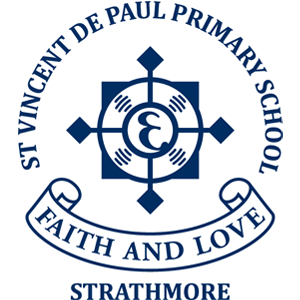To be literate means to find meaning, to understand, to comprehend, to make sense of, to symbolically represent, to articulate, to represent, to speak, to enjoy conversation and communicate.
English is recognised as a means of communicating through the elements of Speaking and Listening, Reading and Writing. Students need to be confident and competent in English to meet demands of school, employment and further education in order to be effective and informed citizens in our changing world.
The formal study of English helps students to understand how language works by looking at patterns, structures and the origins of language. Knowledge about how a language functions assists students to achieve a better understanding of themselves, their culture and the contemporary world.
We achieve student learning through:
Curriculum
- Developing in students the ability to listen, speak, read, view and write effectively with confidence, purpose and enjoyment.
- Providing a language rich environment that promotes a culture of life-long learning
- Empowering students with the literacy knowledge and skills to meet the challenges of the future.
- Developing in students the ability to understand, discuss and begin to critically analyse
- Integrating English within all areas of the curriculum, through Visible Learning structures
- Teaching a range of strategies to support the areas of Speaking and Listening, Reading and Writing according to the Victorian Curriculum Standards, including E.A.L. curriculum
- Engaging students in purposeful, varied and meaningful learning tasks
Contemporary Learning
- Including contemporary learning devices, as tools and resources within the classroom so as to embrace 21st Century learning that incorporates a wide variety of multiliteracies
Student Diversity
- Providing an inclusive program catering for the diversity of our students
- Supporting students through the use of our Literacy and Wellbeing Leaders, Literacy support staff, CEO school advisors and speech pathologists and Learning Support Officers who implement a variety of tailored programs, such as Literacy Learning Intervention (LLI).
Assessment & Recording
- Co-creating individual learning goals with individual students to provide explicit focussed teaching
- Monitoring students’ growth through regular formal and informal assessment tasks
- Collecting and analyse data collaboratively to ensure on-going assessment and tracking of students’ progress
On-going Professional Development
- Providing professional development for teachers to ensure the investigation of current research and ‘best practice’ at all times
